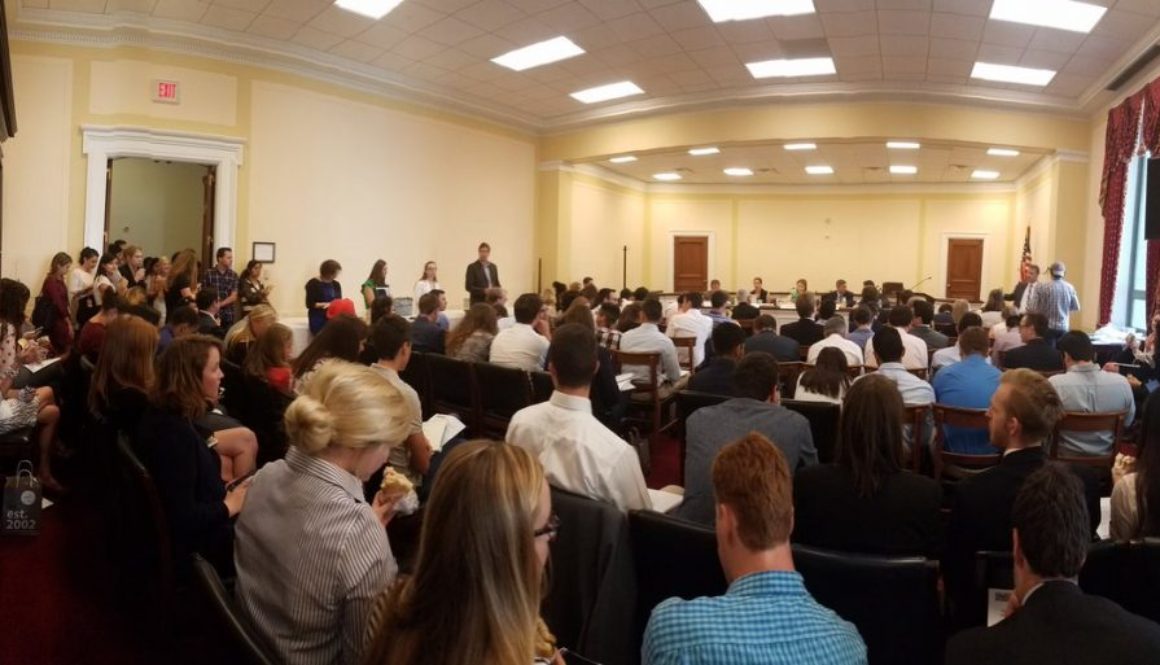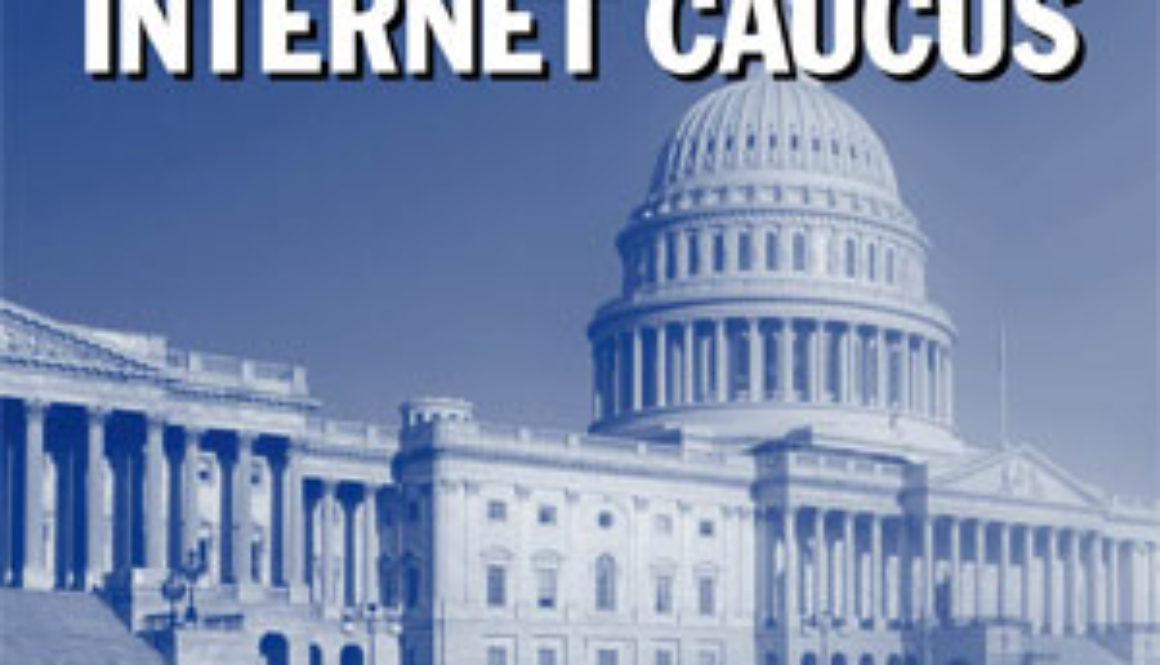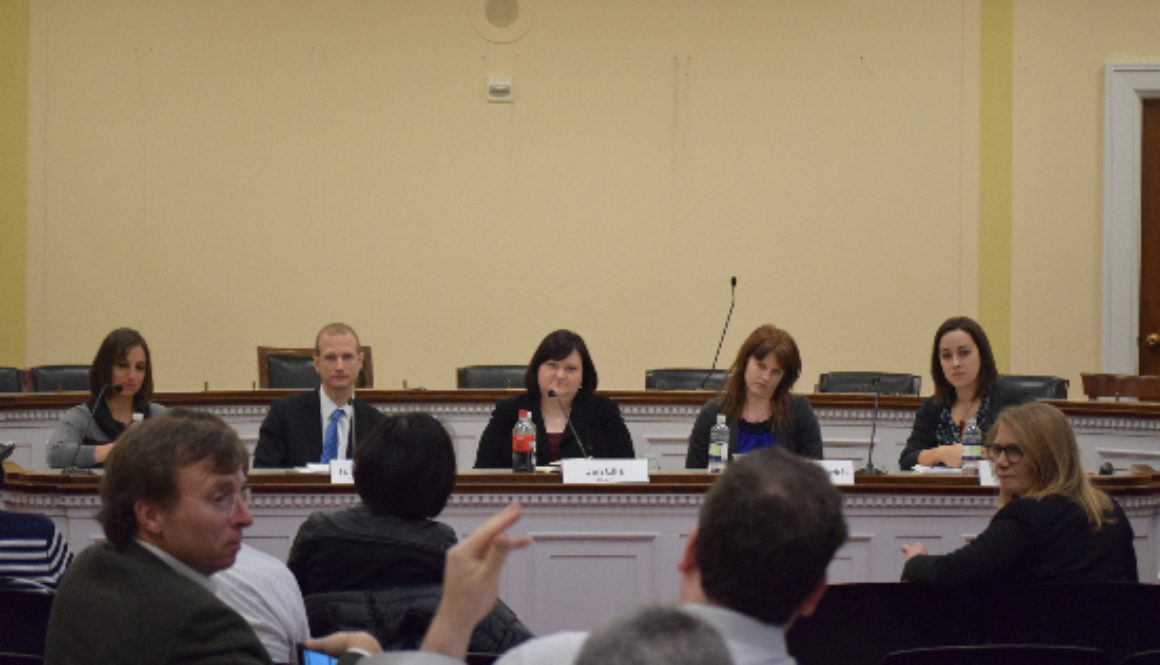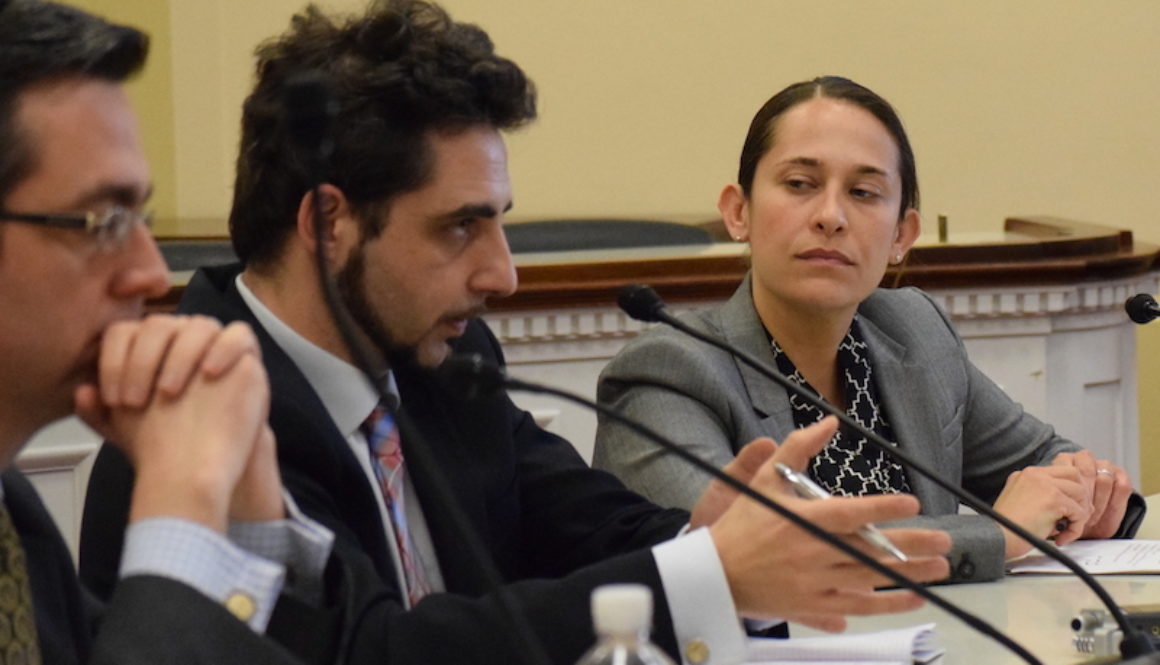To Pay, Or Not To Pay – Living in the Age of Ransomware
SUMMARY
Ransomware is now a global epidemic. It strikes an estimated 40% of businesses in the US, UK, Canada and Germany and is now is hitting one out of every six consumers, according to Kaspersky Lab. Today, ransomware has replaced credit card theft as the preferred scam of online criminals and they are extorting billions globally. But the epidemic is nearly silent because few want to admit they’ve been victimized and blackmailed into paying ransom.
At this Internet Caucus Advisory Committee briefing we discuss:
- What is ransomware?
- Can ransomware be decrypted?
- Should victims pay or fight back?
- What are the legal implications?
- What is the federal government doing to assist and inform victims?
Key Statistics:
About 2 in 5 businesses in the US, Canada, UK and Germany have been victims of ransomware, with Kaspersky Lab estimating that more than 1 in 6 consumers have been victimized and is now replacing credit card theft as cyber-criminals’ preferred scam of choice in 2016. Carbonite reports that ransomware attacks grew 300% from Q1 2015 to Q1 2016. The Cisco 2016 Midyear Cybersecurity Report described one campaign that attacked at least 90,000 servers per day and netted cybercriminals about $34 million in annual profits.
Follow: @NetCaucusAC
SPEAKERS
- The Honorable Phillip J. Bond, former US Under Secretary of Commerce for Technology (bio)
- Dante Disparte, Founder and Chief Executive Officer, Risk Cooperative (bio)
- Richard Downing, Acting Deputy Assistant Attorney General, U.S. Department of Justice (bio)
- Ryan Naraine, Kapersky Lab (bio)
- Danielle Sheer, General Counsel, Carbonite (bio)








